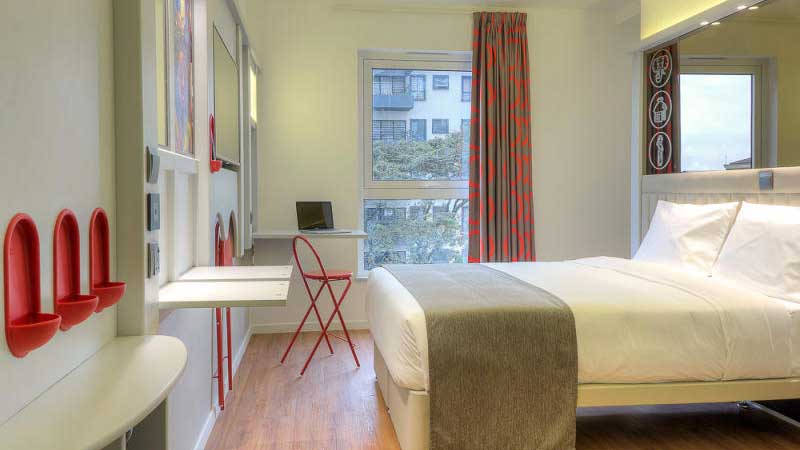×
The Standard e-Paper
Fearless, Trusted News

Kenya’s hoteliers lost close to Sh7 billion in foregone revenue last year following the uncertainty surrounding elections.
A new report from consultancy group PricewaterhouseCoopers (PwC) indicates that hoteliers suffered numerous cancellations following the Supreme Court’s landmark ruling on September 1 that annulled the presidential results of the August 4 elections and called for a repeat poll.